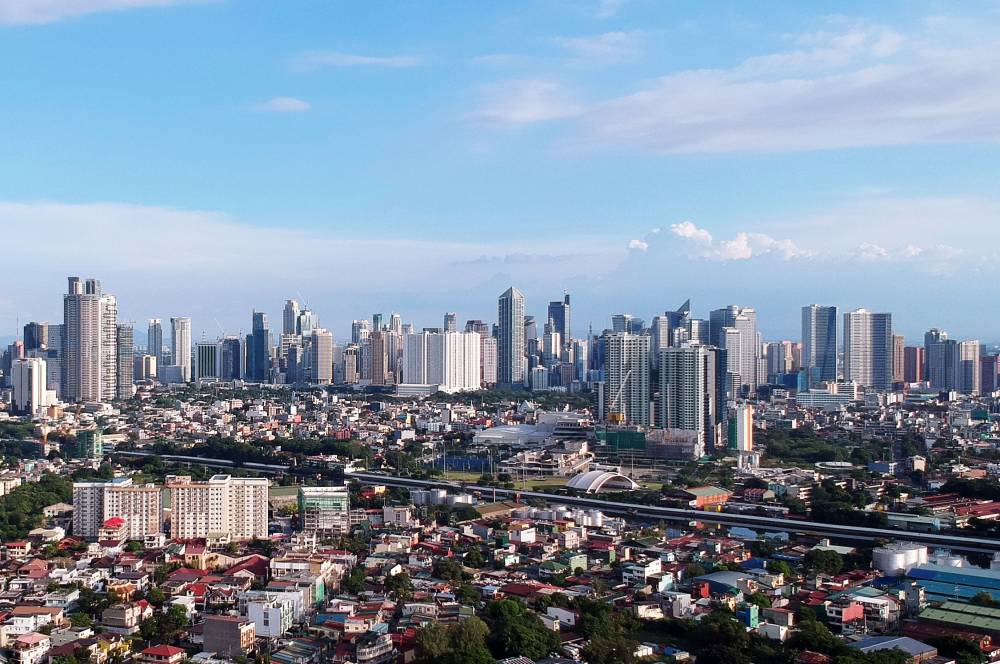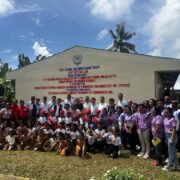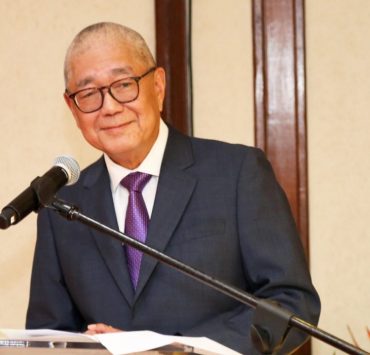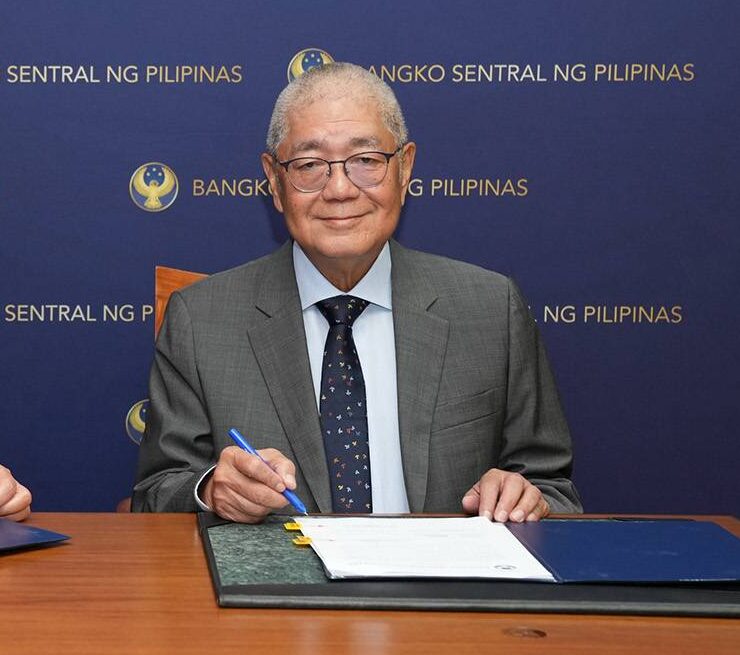PH FDI net inflow soared to 8-mo high of $1B in Oct

Foreign direct investments (FDI) in the Philippines grew to its highest level in eight months in October, driven by a strong surge in intercompany borrowings between multinational firms and their local affiliates, which eclipsed the inflows of fresh capital.
Job-generating FDIs registered a net inflow of $1 billion in October, 50.2- percent larger compared with a year ago, the Bangko Sentral ng Pilipinas (BSP) reported on Friday.
Unlike the so-called “hot money” that leaves markets at the first sign of trouble, FDIs are firmer capital inflows that create jobs for people. That said, the government wants existing FDIs to stay, while attracting new ones.
A net inflow means more of this foreign capital entered the country against those that left during a period. Data showed the October haul was the biggest since February 2024, when net inflows had amounted to $1.4 billion.
This brought the 10-month FDI net inflow to $7.7 billion, up by 8.2 percent and approaching the $9-billion forecast of the BSP for the entire 2024.
Dissecting the BSP’s report, debt instruments jumped by 60.7 percent to $839 million, cornering the bulk of FDIs in October.
That exceeded equity capital placements, a measure of new FDIs. Figures showed the inflow of fresh FDIs amounted to $122 million, up at an annualized rate of 20.7 percent.
Equity placement
But FDIs worth $23 million left the country in October, albeit 16.2-percent lower than a year ago.
This, in turn, yielded a net equity capital placement of $100 million during the month, higher by 34.1 percent. Most of the new FDIs in October came from Japan with a 63-percent share, followed by the United States (14 percent) and Singapore (5 percent).
These investments were placed in key industries like manufacturing—which cornered 59 percent of the total—as well as real estate (15 percent) and construction (6 percent).
Meanwhile, reinvestment of earnings declined by 0.9 percent to $83 million.
John Paolo Rivera, senior research fellow at the Philippine Institute for Development Studies (PIDS), said that while the surge in intercompany borrowings suggested confidence among multinational firms, it would be better for the country to attract more fresh FDIs instead.
“The reliance on intercompany borrowings rather than fresh equity placements suggests that while foreign companies are reinvesting in their operations, new investments are not flowing in as strongly,” Rivera said.
“This may highlight lingering concerns among potential investors, such as the regulatory environment, infrastructure gaps and geopolitical uncertainties,” he added.





















